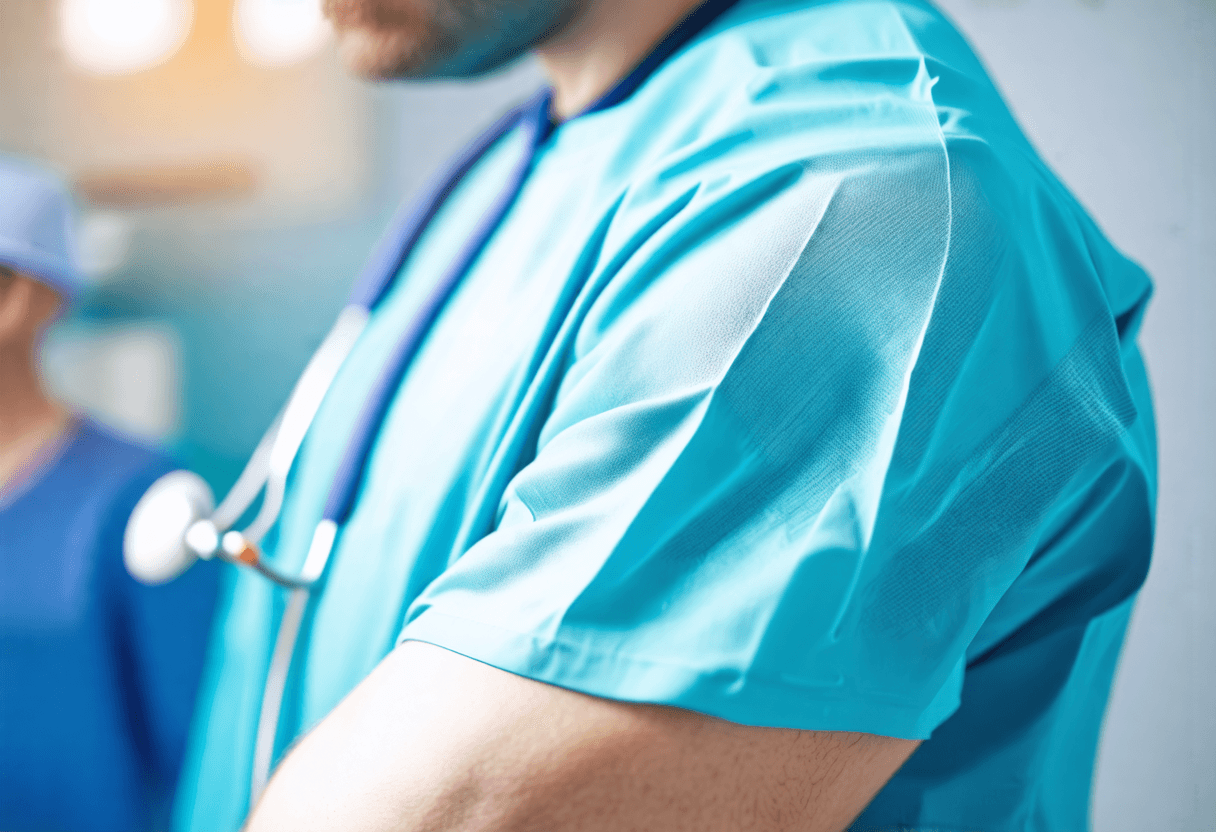
Rotator Cuff Surgery: What to Ask Your Doctor
07 Nov, 2024
 Healthtrip
HealthtripIf you're reading this, chances are you're considering undergoing rotator cuff surgery, or perhaps you've already been recommended to do so by your doctor. As daunting as the prospect may seem, it's essential to take charge of your health and gather as much information as possible to make an informed decision. With the right guidance, you can navigate the process with confidence and set yourself up for a successful recovery. That's where Healthtrip comes in – your trusted partner in healthcare, providing you with access to top-notch medical facilities and expert surgeons. In this article, we'll delve into the world of rotator cuff surgery, exploring what to ask your doctor, what to expect, and how to prepare for a smooth journey to recovery.
Understanding Rotator Cuff Injuries
A rotator cuff injury occurs when the tendons and muscles surrounding the shoulder joint become damaged, leading to pain, weakness, and limited mobility. The rotator cuff is a complex system comprising four muscles and their corresponding tendons, which work together to provide stability and movement to the shoulder. Injuries can range from mild strains to severe tears, often resulting from trauma, overuse, or degenerative conditions like arthritis. If you're experiencing persistent pain, stiffness, or limited range of motion, it's crucial to consult with your doctor to determine the best course of treatment.
Most popular procedures in India
Diagnosing Rotator Cuff Injuries
Before recommending surgery, your doctor will conduct a thorough examination, including a physical evaluation, medical history review, and imaging tests such as X-rays, MRI, or ultrasound. These tests help identify the extent of the injury, ruling out other potential causes of shoulder pain. Be prepared to discuss your symptoms, including when they started, their severity, and any factors that exacerbate or relieve them. This information will aid your doctor in developing an accurate diagnosis and treatment plan.
Wellness Treatments
Give yourself the time to relax
Lowest Prices Guaranteed!

Lowest Prices Guaranteed!
What to Ask Your Doctor
When meeting with your doctor, it's essential to ask the right questions to ensure you're well-informed about the surgery and what to expect. Some key questions to consider include:
Surgical Options
What type of surgery is recommended, and why? What are the benefits and risks associated with each option? Are there any alternative treatments or non-surgical options I should consider? Healthtrip's network of expert surgeons can provide you with personalized guidance and recommendations tailored to your specific needs.
Procedure and Recovery
What is the surgical procedure, and how long will it take? What kind of anesthesia will be used, and what are the associated risks? What is the expected recovery time, and what can I do to facilitate a smooth recovery? What are the potential complications, and how will they be addressed?
Post-Surgery Care
What kind of post-surgery care will I require, and for how long? Will I need physical therapy, and if so, how often? What medications will I need to take, and for how long? Are there any specific instructions for wound care, pain management, or follow-up appointments?
Preparing for Surgery
Once you've decided to undergo rotator cuff surgery, it's essential to prepare yourself physically and mentally for the procedure. Here are some tips to get you started:
Lifestyle Adjustments
Make arrangements for someone to assist you with daily tasks, such as cooking, cleaning, and personal care, for several weeks after surgery. Consider modifying your living space to accommodate your recovery, such as installing handrails or removing tripping hazards. Healthtrip's patient support team can provide you with personalized guidance and resources to ensure a seamless transition.
Physical Conditioning
Start exercising your shoulder gently, under the guidance of a physical therapist or doctor, to improve flexibility and strength. This can help reduce the risk of complications and facilitate a faster recovery. Additionally, maintain a healthy diet, rich in nutrients, to support the healing process.
Conclusion
Rotator cuff surgery can be a daunting prospect, but with the right guidance and support, you can navigate the process with confidence. By asking the right questions, understanding the procedure, and preparing yourself for recovery, you'll be well on your way to regaining optimal shoulder function and alleviating pain. At Healthtrip, we're committed to providing you with access to top-notch medical facilities, expert surgeons, and personalized support throughout your journey. Take the first step towards a pain-free life – contact Healthtrip today to schedule a consultation and start your path to recovery.
Related Blogs
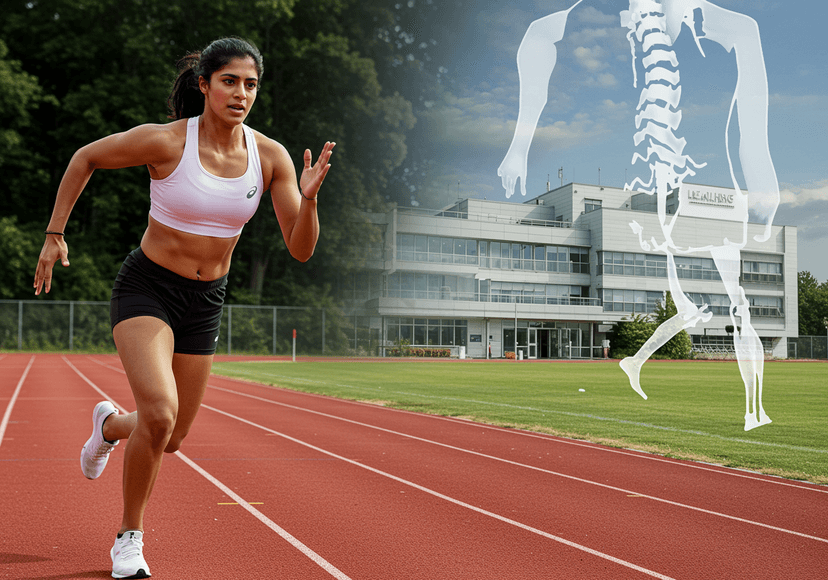
Healthtrip to German Orthopedic Centers: An Athlete's Edge
Explore how Healthtrip connects athletes to Germany's world-renowned orthopedic specialists
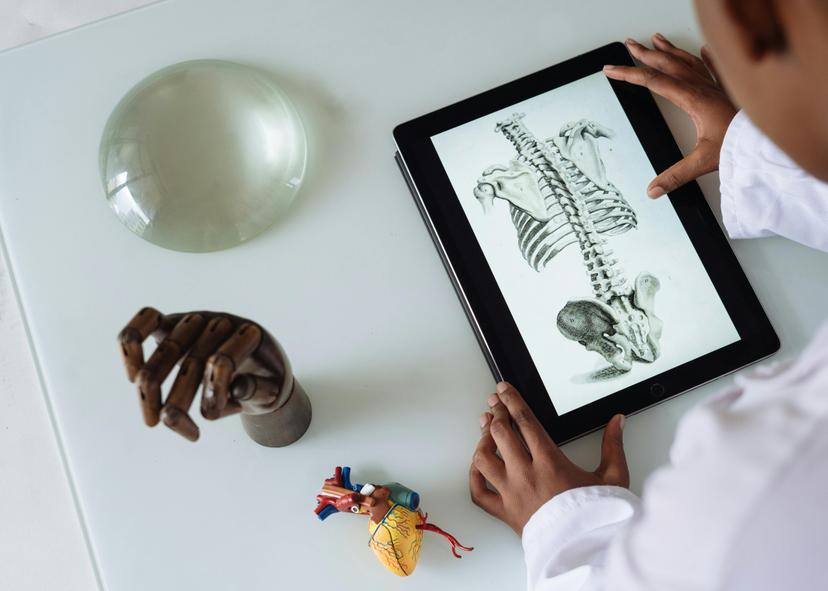
India's Leading Hospitals for Spine Surgery
Get the best spine surgery in India from top hospitals
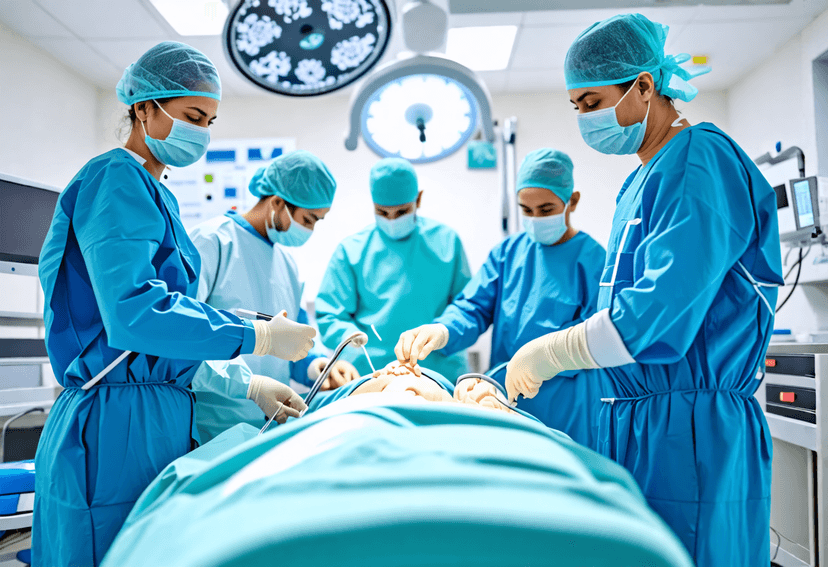
Best Hospitals in India for Orthopedic Surgery
Get the best orthopedic surgery in India from top hospitals
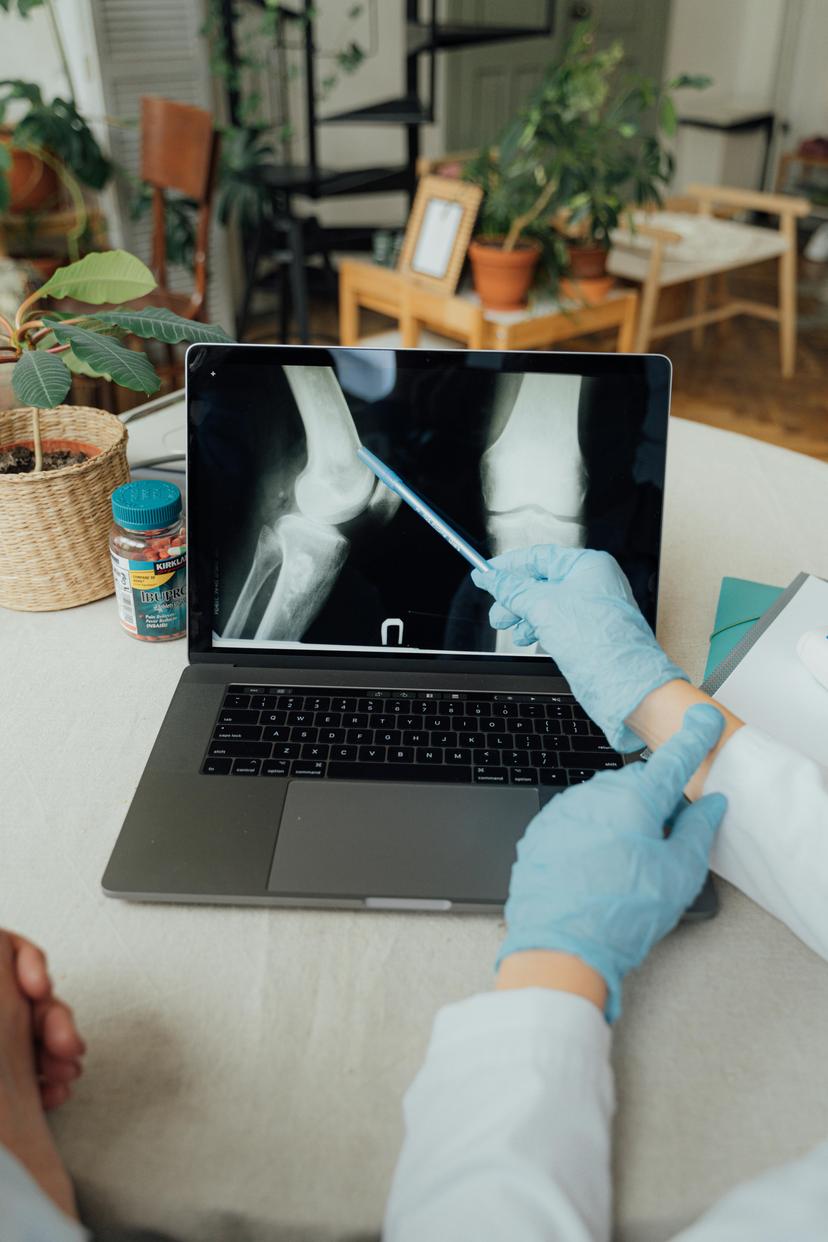
Knee Replacement in India: A Comprehensive Guide
Get affordable knee replacement surgery in India with Healthtrip, a
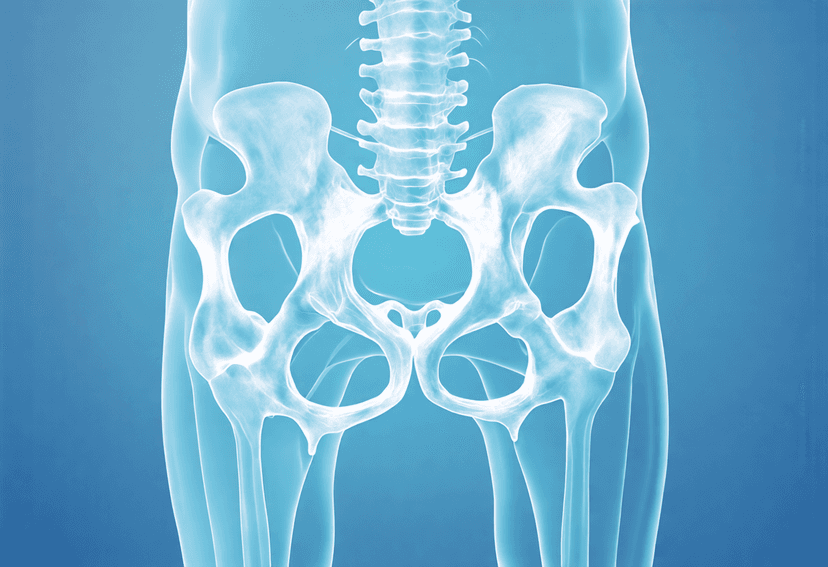
Hip Resurfacing Surgery: A Minimally Invasive Option
Get hip resurfacing surgery in India with Healthtrip and regain
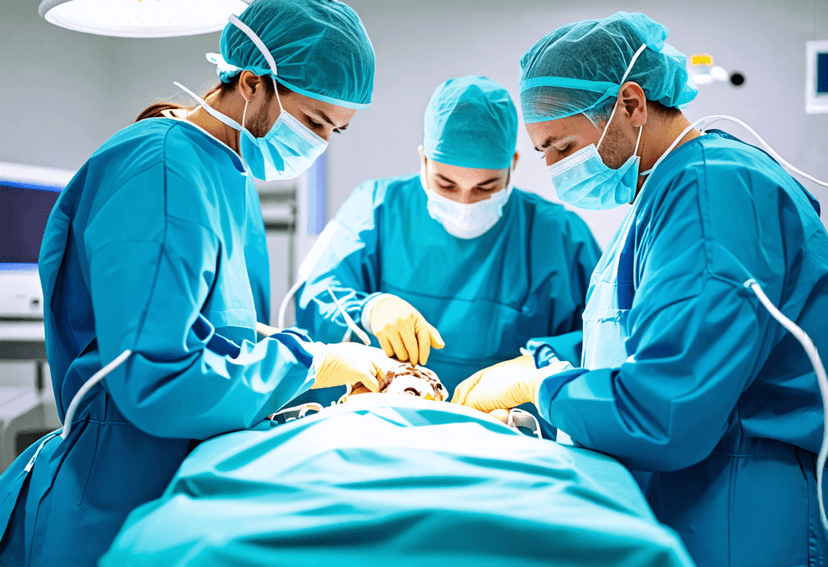
Cervical Spine Surgery: A Precise Procedure
Get cervical spine surgery in India with Healthtrip and regain










